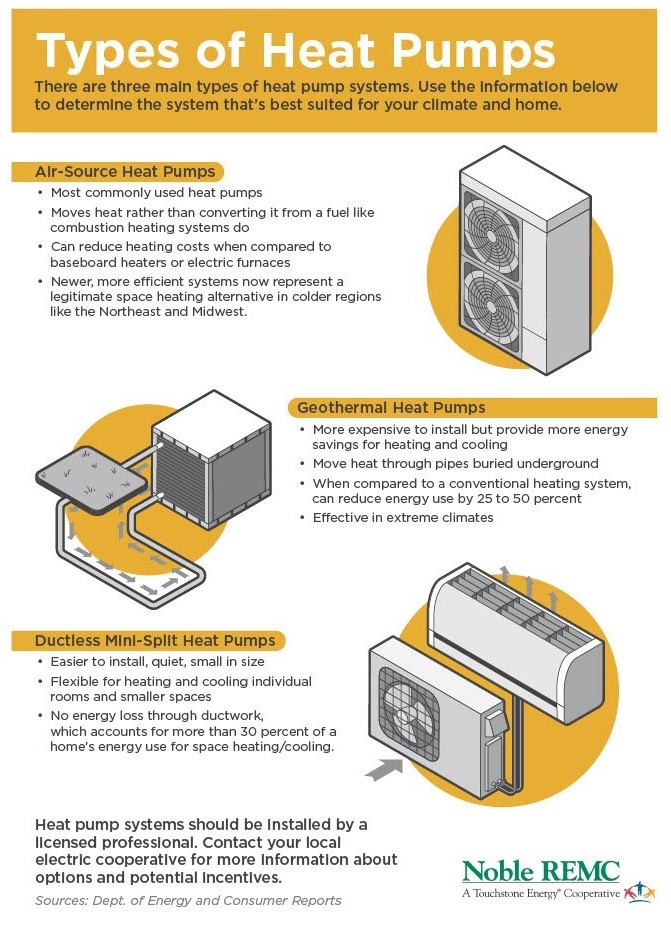Do you know the differences in energy efficient heat pumps?
Learn more about the highly energy efficient and environmentally friendly heating and cooling system – geothermal. Following are several educational and vendor sites for your in-depth geothermal research:
- Geothermal Heat Pump Consortium
- International Ground Source Heat Pump Association
- Water Furnace International
- Climate Master
Furnace Filters
Most homeowners know that changing your furnace or air conditioner filter regularly saves wear  and tear on your equipment. But did you also know that it can reduce your heating and cooling costs up to 15%?
and tear on your equipment. But did you also know that it can reduce your heating and cooling costs up to 15%?
FilterChange.coop is an easy way to order filters online and get them delivered free to your door. In addition to saving energy, you can save up to 50% on the purchase price of your filters. You can even set up an automatic email reminder so you will always know when it is time to change your filters.
Heat Pump Water Heaters
A heat pump water heater, also known as a hybrid water heater, utilizes two older technologies to create a new, efficient way to heat your domestic hot water.
The heat pump water heater, as the name implies, is a traditional electric water heater with a heat pump sitting on top. The heat pump takes heat from the air in the surrounding area, and through the refrigeration process, transfers that heat to the water via condensing coils wrapped around the tank.
The true beauty of this process is that it runs at 300%+ efficiency, while performing the same job of your old water heater, which is less than 94% efficient.
The heat pump sitting on top of the water heater operates at less than 600 watts, compared to your old electric water heater, which operates around 4500 watts. As you can see, this can make a big difference on your electric bill.
Here are some of the considerations you need to know:
- First, and arguably the most important factor for most of us, is the cost. This water heater costs more than three times that of a traditional electric water heater. Fortunately, there is an $800 Power Moves rebate available to help offset this cost.
- Next is location, location, location. A heat pump water heater requires 750 cubic feet of air to operate in heat pump mode, runs a fan during operation and the surrounding air must stay above 45 degrees. This makes an open basement the perfect place for installation. (An added bonus: Since you are using a heat pump, it will also dehumidify the space it is in.) A basement would also meet the temperature requirement while keeping the noise – similar to a refrigerator – away from your common areas.
- Finally, if you have a larger family, you may want to space out your showers to utilize the maximum efficiency of a heat pump water heater. Left in hybrid mode, it will sense when the heat pump cannot keep up and switch itself to electric mode. This gives you continuous hot water but at the same cost you would be paying for a traditional water heater.

